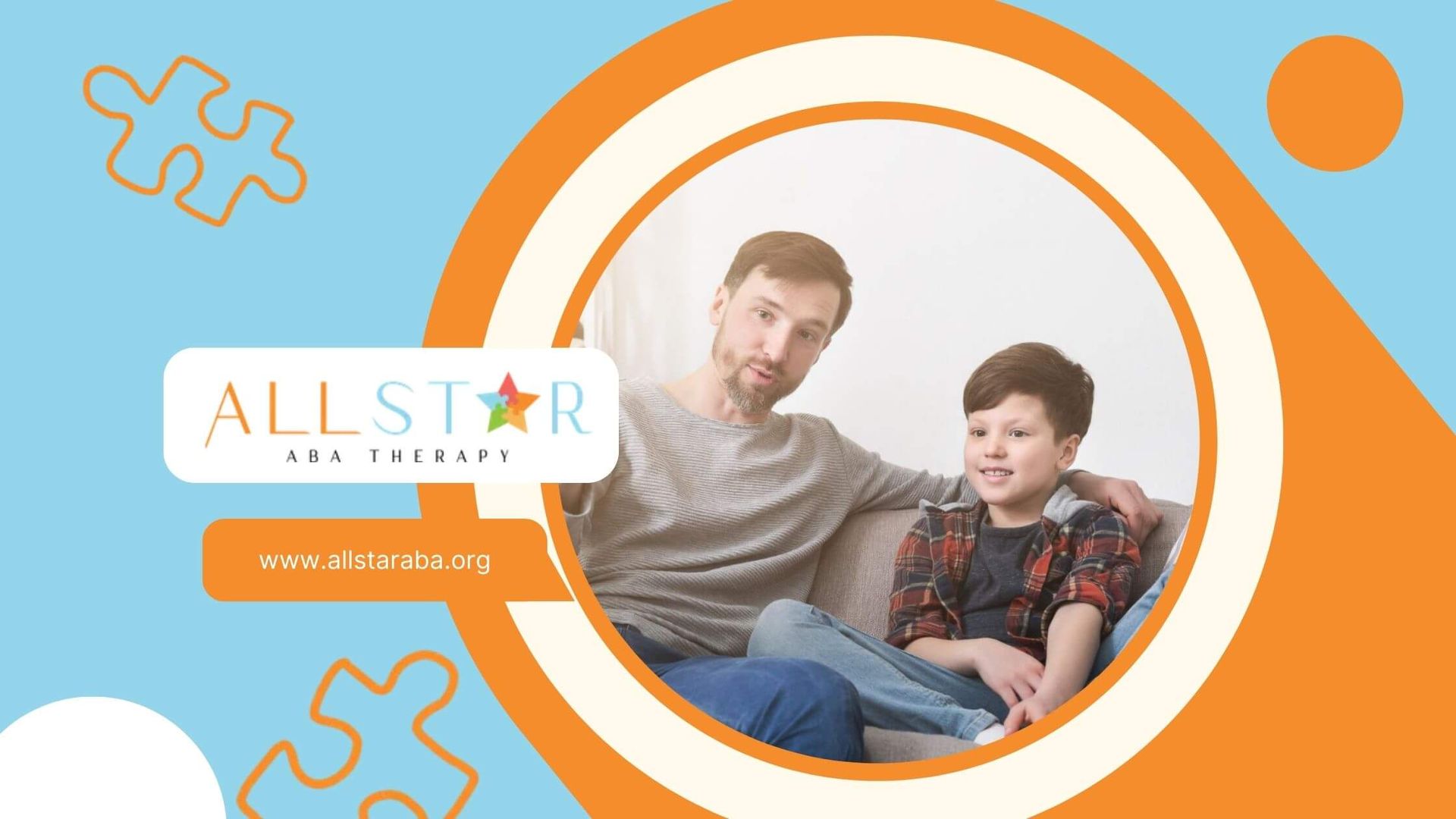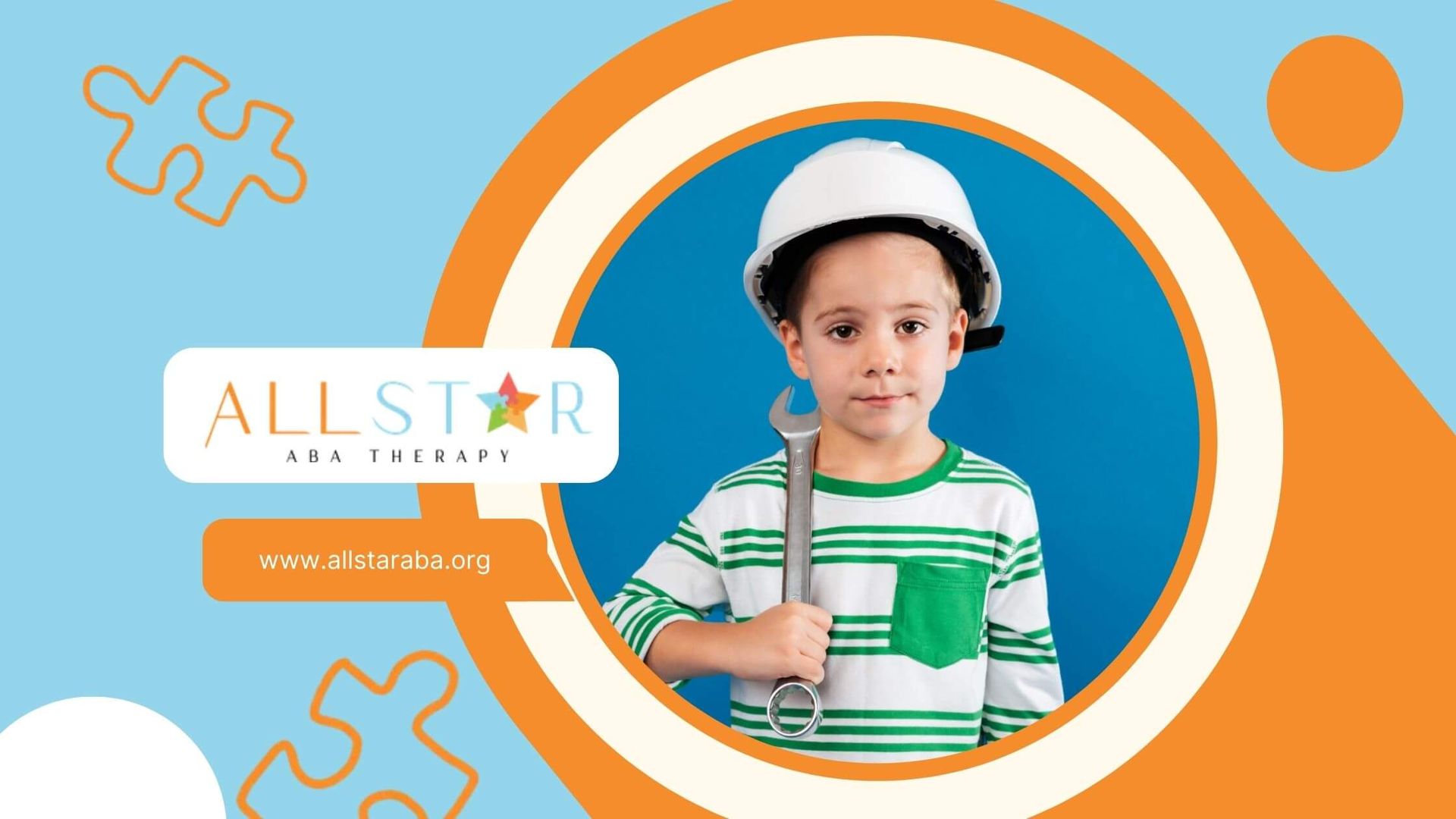New Paragraph
Essential BCBA Certification Requirements You Need to Know
Navigating
BCBA certification requirements can feel overwhelming for aspiring behavior analysts, educators, and family members seeking quality services for individuals with Autism Spectrum Disorder. This guide outlines each stage of the
path to BCBA certification, from academic prerequisites and supervised fieldwork to exam preparation and recertification. It provides clarity on timelines, benchmarks, and essential tasks for candidates in Maryland and beyond.
Understand Certification Pathways
Education Prerequisites
Bachelor’s Degree Requirements
Candidates must earn a
bachelor’s degree in psychology, education, or a related behavioral science field. This foundational credential provides exposure to research methods, statistics, and basic principles of human learning.
Verified Coursework Sequences
Following the bachelor’s degree, candidates must complete graduate-level coursework verified by the Association for Behavior Analysis International (ABAI). Verified Course Sequences (VCS) cover all the content areas outlined by the Behavior Analyst Certification Board (BACB), ensuring alignment with the professional task list.
Pathway Options
The BACB offers two routes to certification. Pathway 1 requires enrollment in a full VCS program, while Pathway 2 allows candidates to combine approved coursework from multiple VCS providers. Both paths culminate in eligibility to apply for the exam.
Complete Supervised Fieldwork
Hour Requirements
BCBA candidates must complete 2,000 hours of supervised fieldwork to gain practical skills in behavior analysis. Alternatively, candidates may choose a concentrated option of 1,500 hours, which focuses intensively on direct intervention and assessment.
Supervision Structure
Supervised fieldwork must include ongoing guidance from a qualified BCBA supervisor. Key requirements include:
- At least 5 percent of total hours must involve face-to-face observation or interaction.
- A minimum of two hours of supervision per month, with at least one hour of individual supervision.
- Documentation reviews should occur at least twice each month.
Fieldwork Pathways
Candidates may accrue supervised hours in diverse settings, including schools, clinics, hospitals, or community programs. Fieldwork can be completed under the supervision of registered behavior technicians (RBTs) or BCaBAs when overseen by a BCBA, offering flexibility in placement. All hours must be accrued within five consecutive years, although candidates may pause and later resume counting.
| Fieldwork Component | Requirement |
|---|---|
| Total Hours | 2,000 supervised or 1,500 concentrated |
| Face-to-Face Supervision | Minimum 5 percent of total hours |
| Monthly Supervision | At least 2 hours (1 hour individual) |
| Accrual Period | Completed within five consecutive years |
Prepare For The BCBA Exam
Exam Format
The BCBA exam consists of 185 multiple-choice questions covering foundations and applications of behavior analysis. Candidates have four hours to complete the assessment.
Content Domains
Exam content aligns with the BACB task list. Major domains include:
- Principles and theories of behavior analysis
- Ethical and professional conduct
- Conducting assessments
- Designing intervention plans
- Supervision and management
Pass Rates And Benchmarks
In 2021, 52,309 first-time candidates sat for the BCBA exam, achieving a pass rate of 79 percent. Retake attempts numbered 15,266 with a 46 percent success rate in all regions, excluding one anomalous data set.
Study Resources
Successful candidates often use a combination of:
- Official BACB task list and sample questions
- VCS-provided practice exams and flashcards
- Peer study groups or review workshops
- Textbooks covering experimental design and behavior intervention
Schedule And Take The Exam
Registration Process
Candidates must submit a certification application through the BACB web portal. Upon approval, the BACB grants an exam eligibility window. Candidates then register with the testing vendor (such as PSI or Pearson VUE) and schedule a convenient exam date.
Testing Day
On exam day, candidates must present valid identification and arrive early. Testing centers typically allow short breaks without clock stoppage. Quiet environments and proctored settings help maintain focus.
Retake Procedures
Candidates who do not achieve the passing score may retake the exam. They must reapply, pay the examination fee, and schedule a new test date. Retake pass rates tend to be lower, so additional study and practice are recommended before a second attempt.
Maintain Certification Status
Recertification Timeline
BCBA certification requires renewal every two years. Candidates should submit a recertification application before the current credential expires to avoid a lapse in status.
Continuing Education Units
Every recertification cycle, BCBAs must complete 32 Continuing Education Units (CEUs). Requirements include:
- At least 4 CEUs in ethics
- Minimum 3 CEUs in supervision when providing oversight to trainees
Excess CEUs do not carry over to the next cycle. Approved providers ensure valid credit.
Ethics And Compliance
Certified behavior analysts must adhere to the BACB Ethics Code. This code governs client rights, confidentiality, professional standards, and responsible supervision. Candidates should review ethics updates regularly to ensure compliance.
Consider Time And Cost
Time Commitment
Becoming a BCBA typically spans 6 to 7 years. This includes four years for a bachelor’s degree, two to three years for a master’s and verified coursework, and supervised fieldwork alongside exam preparation.
Financial Planning
Investment considerations may include:
- Tuition for graduate programs and VCS fees
- Supervision costs, which vary by supervisor rate
- BCBA application and exam fees set by the BACB
- Study materials and review courses
Conclusion
Achieving BCBA certification involves clear academic and practical milestones. Candidates must secure appropriate degrees and verified coursework sequences, complete supervised fieldwork hours under qualified oversight, and prepare for a demanding exam covering multiple content domains. After passing, maintaining certification requires ongoing education, ethical compliance, and timely application for recertification. Prospective analysts should outline a realistic timeline and budget for this multi-year journey. Candidates in Maryland can connect with local institutions and BACB-approved supervisors to streamline the process and ensure all requirements are met.
At All Star ABA, we understand that becoming a Board Certified Behavior Analyst (BCBA) is more than just earning a credential, it’s about building a career that changes lives. Our team offers BCBA supervision, mentorship, and training support to help aspiring analysts complete their required fieldwork hours and prepare for certification with confidence. Whether you’re just starting your BCBA journey or finalizing your supervised experience, our expert team is here to guide you every step of the way with ABA therapy in Maryland.
Ready to take the next step toward BCBA certification? Contact us today!
Frequently Asked Questions
How do I get started with BCBA certification in Maryland?
Begin by earning a master’s degree in behavior analysis, education, or psychology, then enroll in a BACB-approved course sequence and find supervised fieldwork through a qualified BCBA.
How many hours of supervised fieldwork are required?
Candidates must complete 1,500–2,000 supervised fieldwork hours under a BACB-approved supervisor to qualify for the BCBA exam.
How long does it take to become a BCBA?
The certification process typically takes 2 to 3 years, depending on coursework load, fieldwork schedule, and exam preparation time.
SOURCE:
https://drexel.edu/soe/resources/career-path/how-to-behavior-analyst/
https://aba.martinsburgcollege.edu/landing/?platform=Google&type_post=MC%20Professional%20Campaign&cpgn=20302687388&adg=151630407058&dvc=c&crtv=663433044451&kw=bcba%20certification&ntwk=g&h1x=&h1=&h2=&lead_src=&plm=&gclid=CjwKCAjwgeLHBhBuEiwAL5gNEfe2nF0PBs1en0eKYf64xdKM3HI5f-ySnIR7RSDp0TWonhNZBacRnxoCZwwQAvD_BwE&gad_source=1&gad_campaignid=20302687388&gbraid=0AAAAADh5cA-Y1wO4nJVhUUPgoafXIB12g
https://www.bacb.com/about/bacb-certificant-annual-report-data/
https://www.reddit.com/r/bcba/comments/1ghvv51/how_to_become_a_bcba/
https://www.thechicagoschool.edu/insight/career-development/bcba-guide-bcba-certification-exam/
Need Support?
We're Here to Help!
Our experienced team is ready to assist you. Reach out today to discuss how we can support your child's development and well-being.
Get started with expert ABA therapy today.








